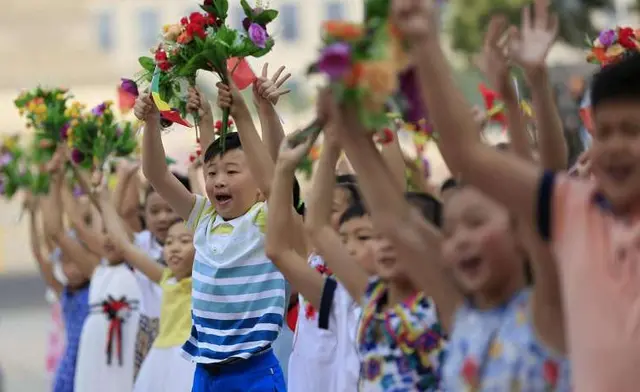Mr Lu Hengjiu, 35, used to spend hours playing online games, accumulating 10,000 yuan (S$2,016) worth of virtual assets at one point.
But the Inner Mongolian journalist stopped playing about four years ago as his job got more demanding and online scams and hacking became more rampant.
Now, he is itching to pick up online gaming again after learning that China is set to make legislative changes that would accord more legal protection to virtual assets.
"Stronger protection for virtual assets would give gamers a greater sense of security and also motivation," he told The Straits Times.
Under the country's first-ever civil code drafted, virtual assets such as online gaming equipment will be considered part of one's property.
Other measures expected include increasing the time limit for filing a lawsuit from two years to three years and mandating those found to have damaged the environment to carry out restorative work.
The National People's Congress (NPC), China's national Parliament, completed the first reading of the civil code on June 28, in what is the country's fifth attempt in six decades to compile the code.
Previous efforts undertaken since the Communist Party took power in 1949 had failed for various reasons, such as political turmoil during the Cultural Revolution and, most recently in 2002, disagreements among legislators.
The code, which is expected to be approved early next year and fully adopted by 2020, will lay down a set of principles for some 200 current civil and commercial laws.
It has again stirred debate among legislators, scholars and the public.
One key area of contention is the proposed move to lower the minimum age threshold for limited civil liability from 10 years old to six years old.
If passed, it means children above six years old would be deemed to have civil capacity of conduct, making them potentially liable for civil legal actions.
Those who push for this say the move is necessary as the psychological and physical development of minors has risen over the years as a result of economic development and higher education levels.
"Lowering the age level will allow us to better respect and protect the legal rights and interests of the minors," Mr Li Shishi, who heads the NPC's legislative affairs committee, was quoted as saying in a report in the Workers' Daily on July 2.
But opponents, such as NPC standing committee member Xu Weigang, said the six-year-old threshold would be too low and urged the legislature to stick to 10 years old.
"They (six-year-olds) are prone to be influenced by adults and environments, so I suggest the age remains unchanged at 10 years old," he told Xinhua news agency recently.
University lecturer Liu Jingping, 36, also disagreed with the move to lower the age threshold. His three- year-old son would be affected by the move as he would be seven in 2020.
"There are some six-year-olds whose mind and thinking are at the level of 10-year-olds but there are also those who are only at the level of three-year-olds," Mr Liu told The Straits Times.
"Many of my students may be in their teens, but they are quite immature and do not know the full consequences of their actions. If teenagers are immature, what more a six-year-old?"
Despite the differences, some legal scholars are optimistic that China will succeed in its latest attempt to pass the civil code.
Wuhan University law professor Qin Qianhong said formulating the civil code has been part of President Xi Jinping's pledge since 2014 to build a law-based society.
"If the Communist Party has indicated its political will to do something, it usually will come to pass," he told The Straits Times.
(THE STRAITS TIMES)
 简体中文
简体中文

